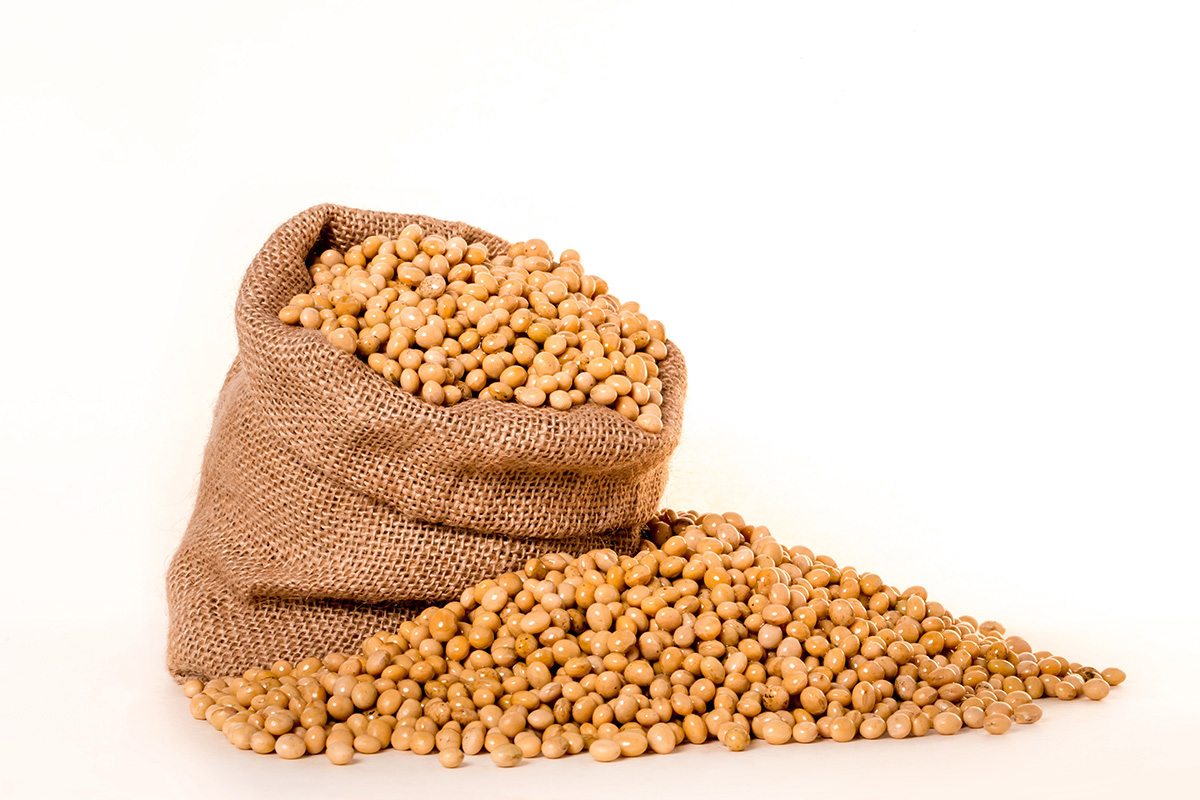At present, the use of phospholipids as carriers for the delivery of drugs has attracted great interest, Moreover, the new technologies for isolating and purifying certain phospholipids has greatly facilitated their development in the pharmaceutical and chemical industries. Based on these technologies, at Creative Biolabs, the extensive experience and expertise of our scientists enables us to provide pharmaceutical discovery services

Phospholipids are highly specialized lipids and are the major components of the cell membranes of various organisms. Their main feature is to form a double lipid layer (bilayer) in the membrane. It is well known that certain foods (eggs, liver, meat, corn, soybeans, etc.) contain a large number of phospholipids, but they cannot be regarded as medical food source of phospholipids as they contain other components (cholesterol, oil, etc.). The specially developed "essential" phospholipids (EPL) cleared of oils and undesirable impurities are applied to their ensure therapeutic effects in medicine. By developing and using high purification techniques, EPL was first extracted from soybeans as a pharmaceutical dosage form for the treatment of toxic liver damage. Since then, EPL formulations have shown their excellent pharmacological properties and reassuring therapeutic effects in experiments, numerous clinical trials, and extensive medical practice.
Soybean phospholipids (SPC) are coproducts of soybean oil processing, and the yield of soybean phospholipids increases with the continuous increase of soybean oil yield. In recent years, new techniques for the isolation and purification of certain phospholipids can greatly improve the development of the medicine (biomembrane bionics, liposomes, intracellular drug carriers, etc.) and chemical industries (aggregation and dispersion of nanomaterials, etc.).
Phospholipid delivery nanosystems In recent years, phospholipid delivery nanosystems (PTNS) for drug delivery based on soybean phosphatidylcholine have been developed. PTNS are produced in the form of lyophilized powders, which are stable in time. The incorporation of some drugs into PTNS can greatly improve their bioavailability and therapeutic effect. PTNS contain soybean phosphatidylcholine (95-97% purity) and maltose, wherein the weight ratio of phosphatidylcholine to maltose is 1:4. After the lyophilized powder is diluted in water, PTNS nanoparticles are formed in the maltose solution.
The chemical structure of phosphatidylcholine (PC) consists of a phosphate group, fatty acids, and choline. PC is extensively applied as emulsifier, stabilizer and wetting agent in the fields of health products, foods and others. SPC, an active ingredient in soybean, is also a class of PCs that are commonly used as nutritional supplements to help support brain health. In addition, SPC has also been used clinically for decades because of their outstanding advantages including biocompatibility, biodegradability, metabolic activity, and low toxicity compared to its synthetic substitutes. These rich properties make SPC an attractive candidate for use in the production of pharmaceutical dosage forms.
As the world's leading biopharmaceutical company, Creative Biolabs offers a wide range of phospholipid-based pharmaceutical formulations that are able to encapsulate water-soluble compounds in the inner aqueous phase and to entrap lipophilic materials in the membrane. systems. If you have any needs, please contact us for more details.
 For Research Use Only. Not For Clinical Use
For Research Use Only. Not For Clinical UseSupports
Online Inquiry